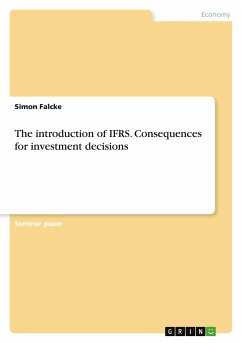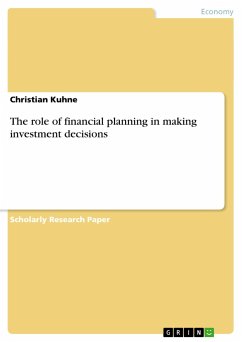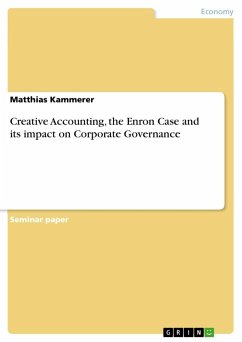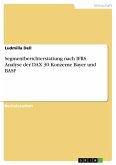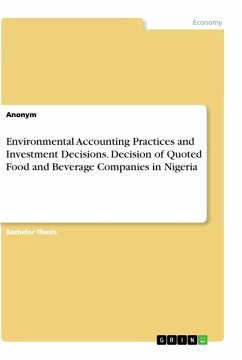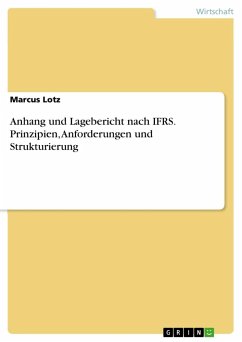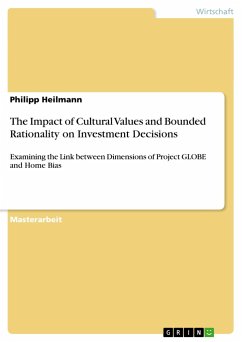Seminar paper from the year 2019 in the subject Business economics - Investment and Finance, grade: 1,0, Otto Beisheim School of Management Vallendar, language: English, abstract: Starting in 2005, the portion of foreign shareholders in the Dax has risen from 45% to 58% in the last decade. In the same year, the regulation of the European Union from 2002 came into effect which required all listed firms in the European Union to report their consolidated accounts in accordance with the International Financial Reporting Standard (IFRS) from 2005 on instead of each countries' generally accepted accounting standards (GAAP). This is just one example where the volume of investments increased concurrently with the adoption of IFRS.Therefore, the question arises if the mandatory adoption of IFRS in the EU in 2005 or in other cases significantly affected and continues to affect investment decisions among adopters or third parties. In order to better account for differences between differenttypes of investors and investees, we differentiate between retail investors, institutional investors and corporate finance activities. Moreover, we focus on the consequence of IFRS adoption on equity investment decisions as most research appears to focus on the equity instead of the credit market. Additionally, Lourenco & Branco point out that most research which finds no significant effects of IFRS adoption on investment decisions appears to focus on voluntary adoption before 2005.Thus, this paper mainly focuses on mandatory IFRS adoption. In this context, research suggests that mandatory IFRS adopters experience significant capital markets benefits as well as enhanced foreign institutional ownership and enhanced M&A activity. Ultimately, we observe four overarching drivers behind the aforementioned observations that impact investment decisions across different types of investors and investees.
Hinweis: Dieser Artikel kann nur an eine deutsche Lieferadresse ausgeliefert werden.
Hinweis: Dieser Artikel kann nur an eine deutsche Lieferadresse ausgeliefert werden.

